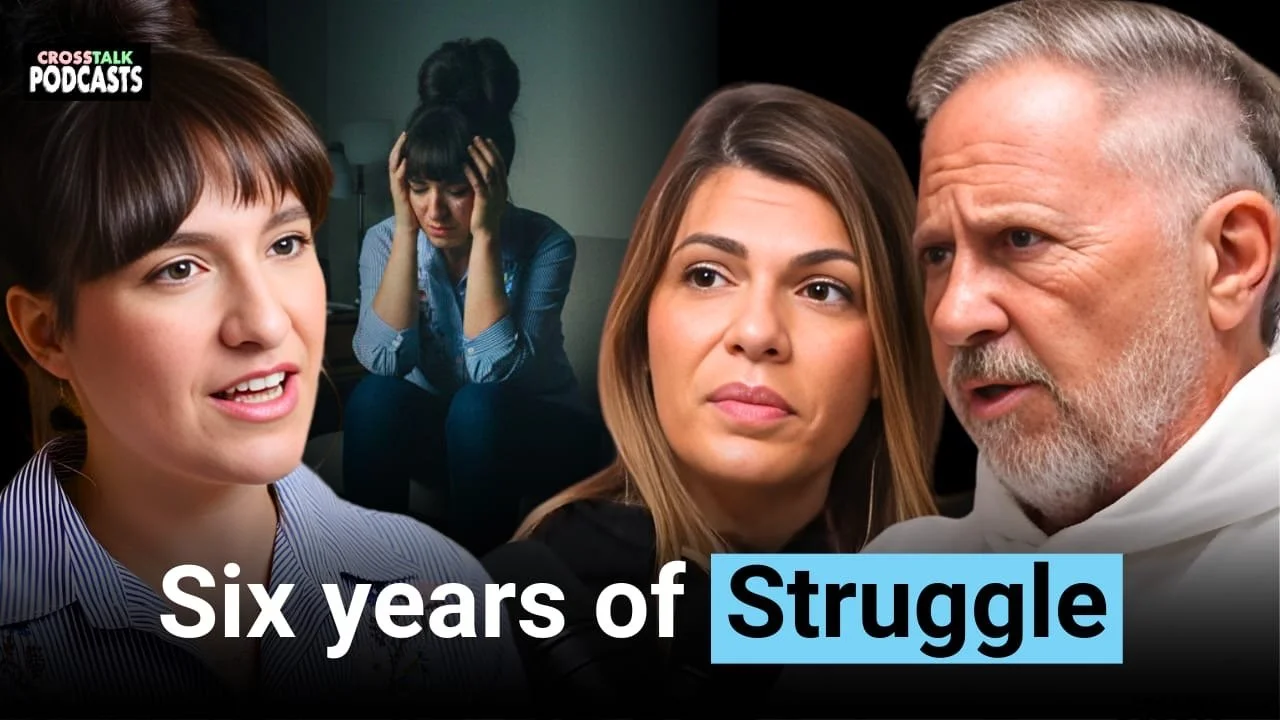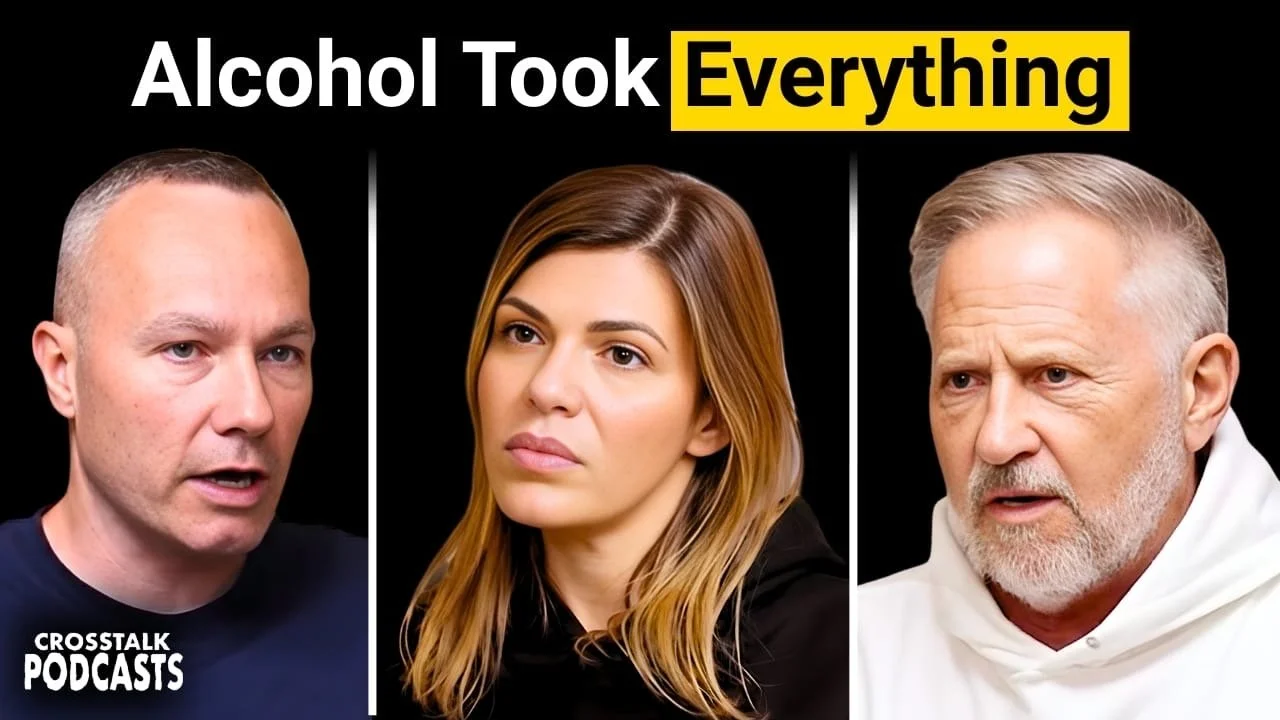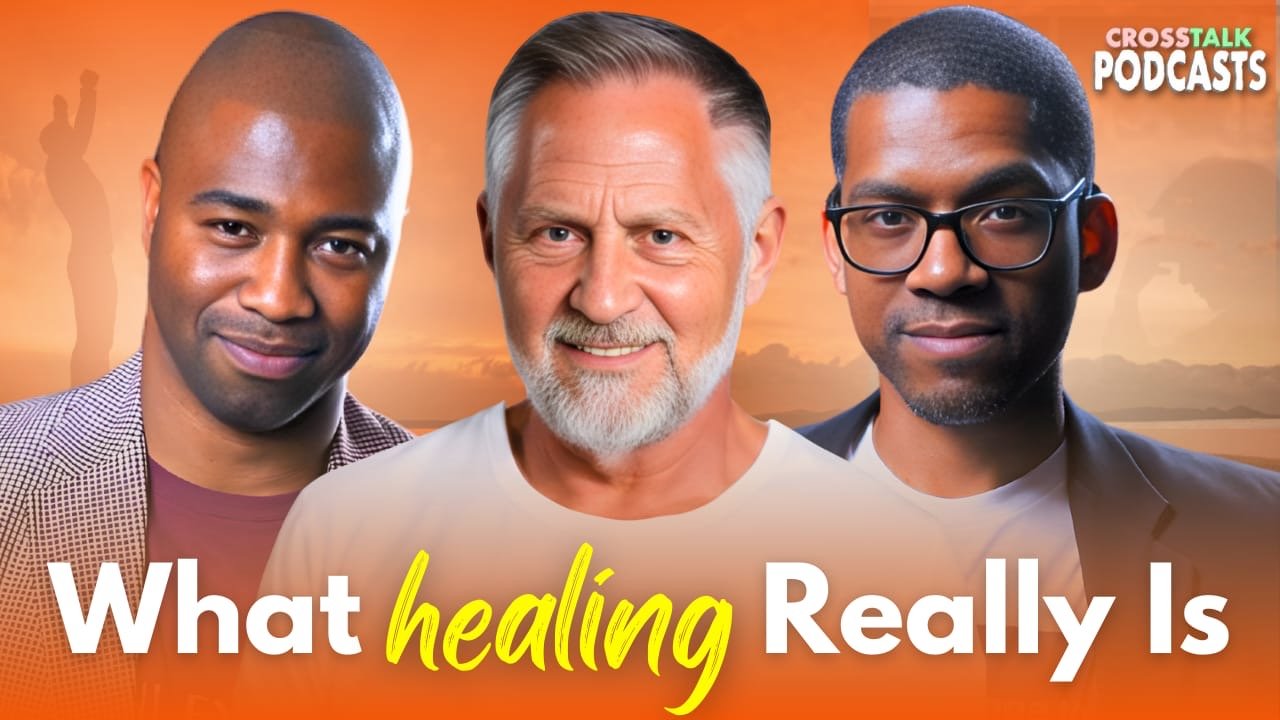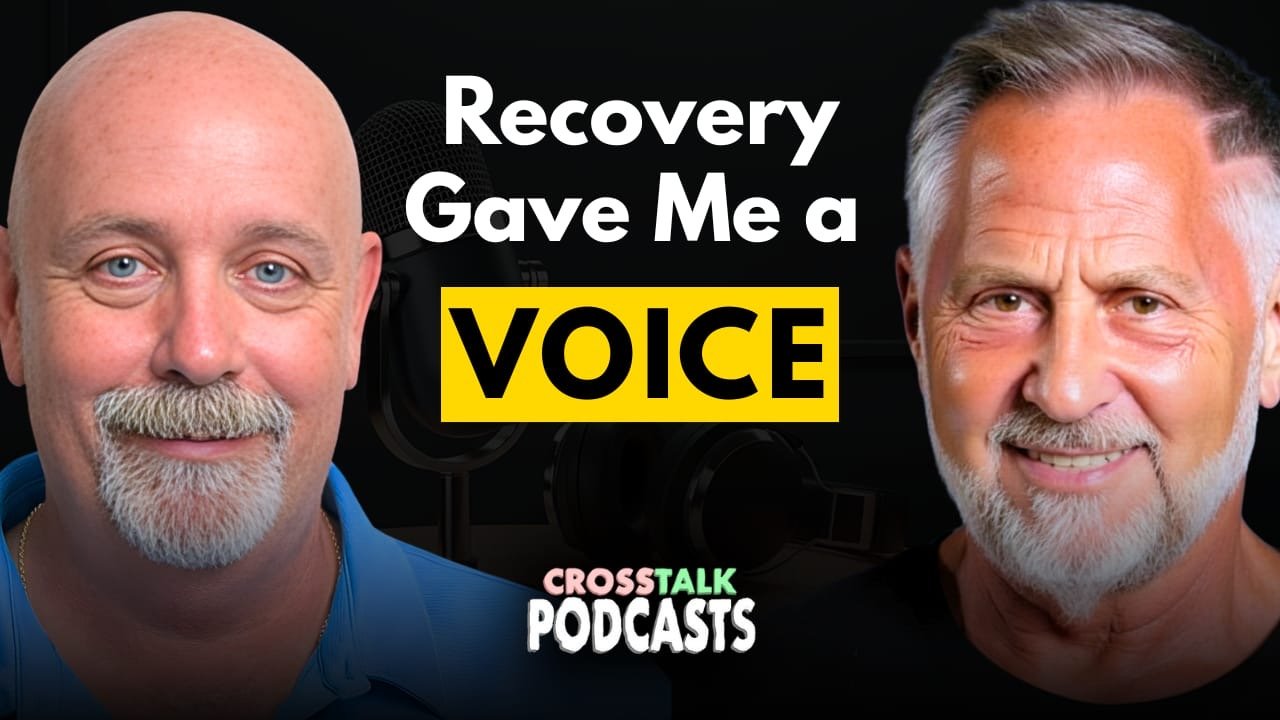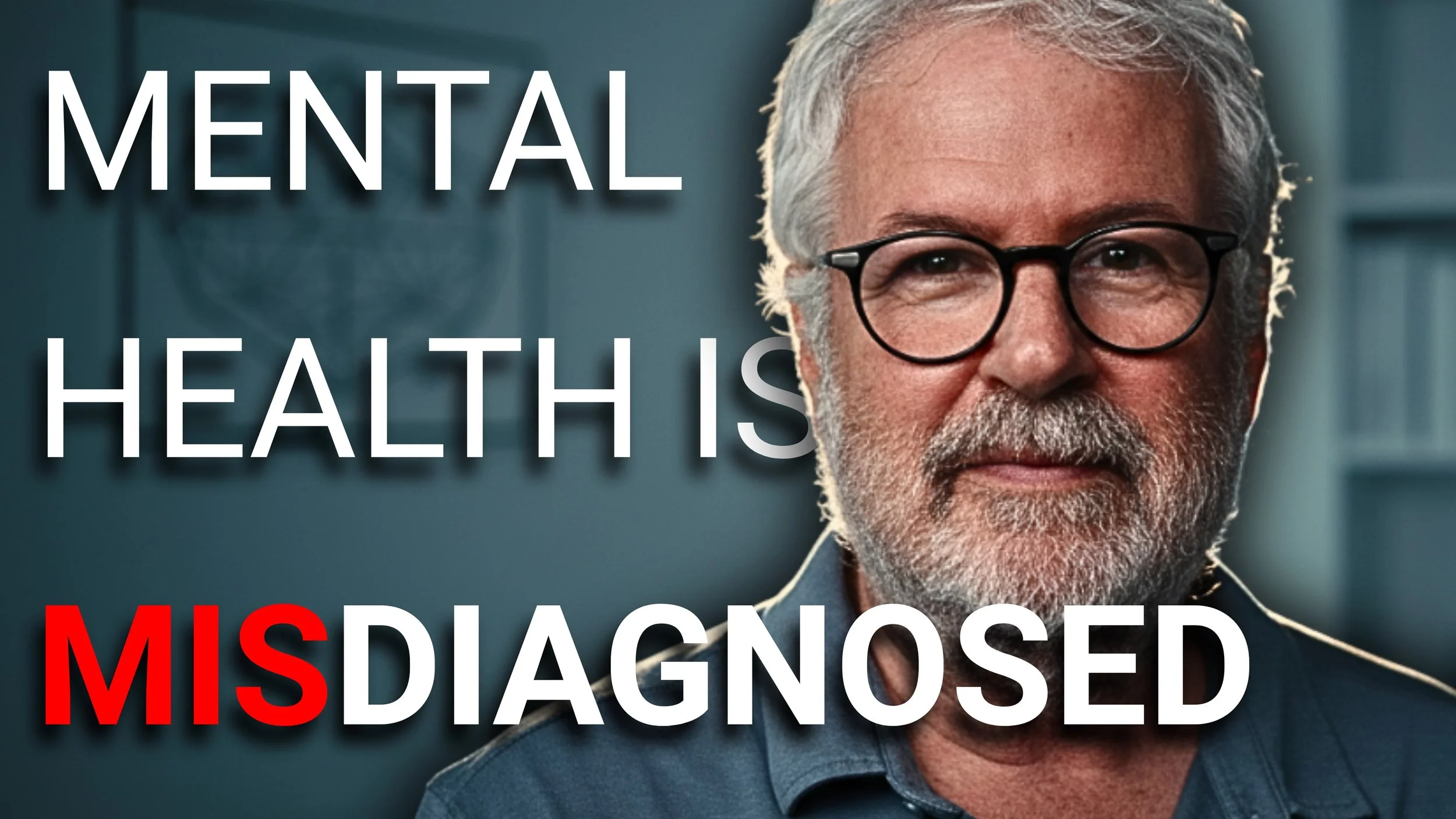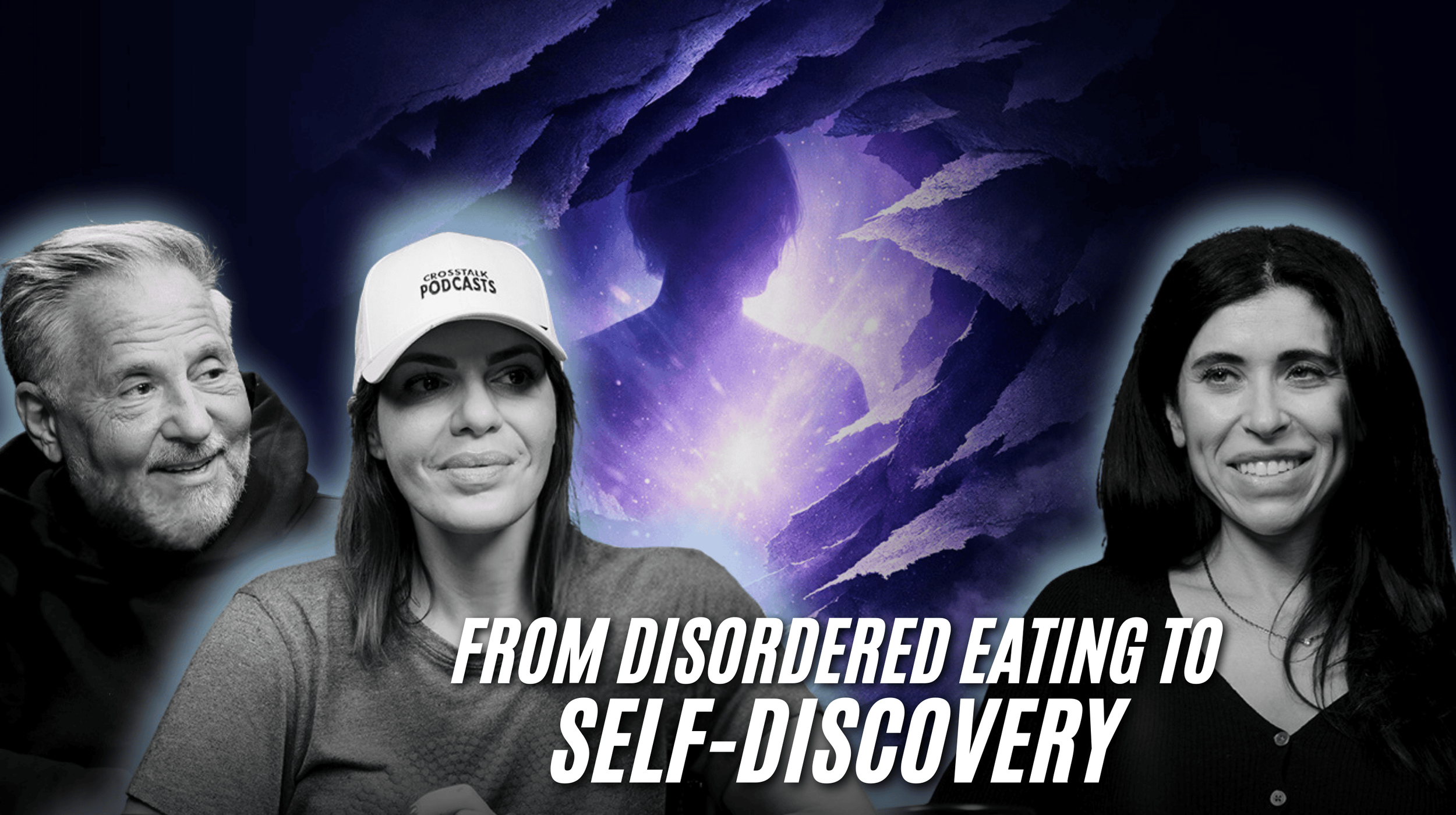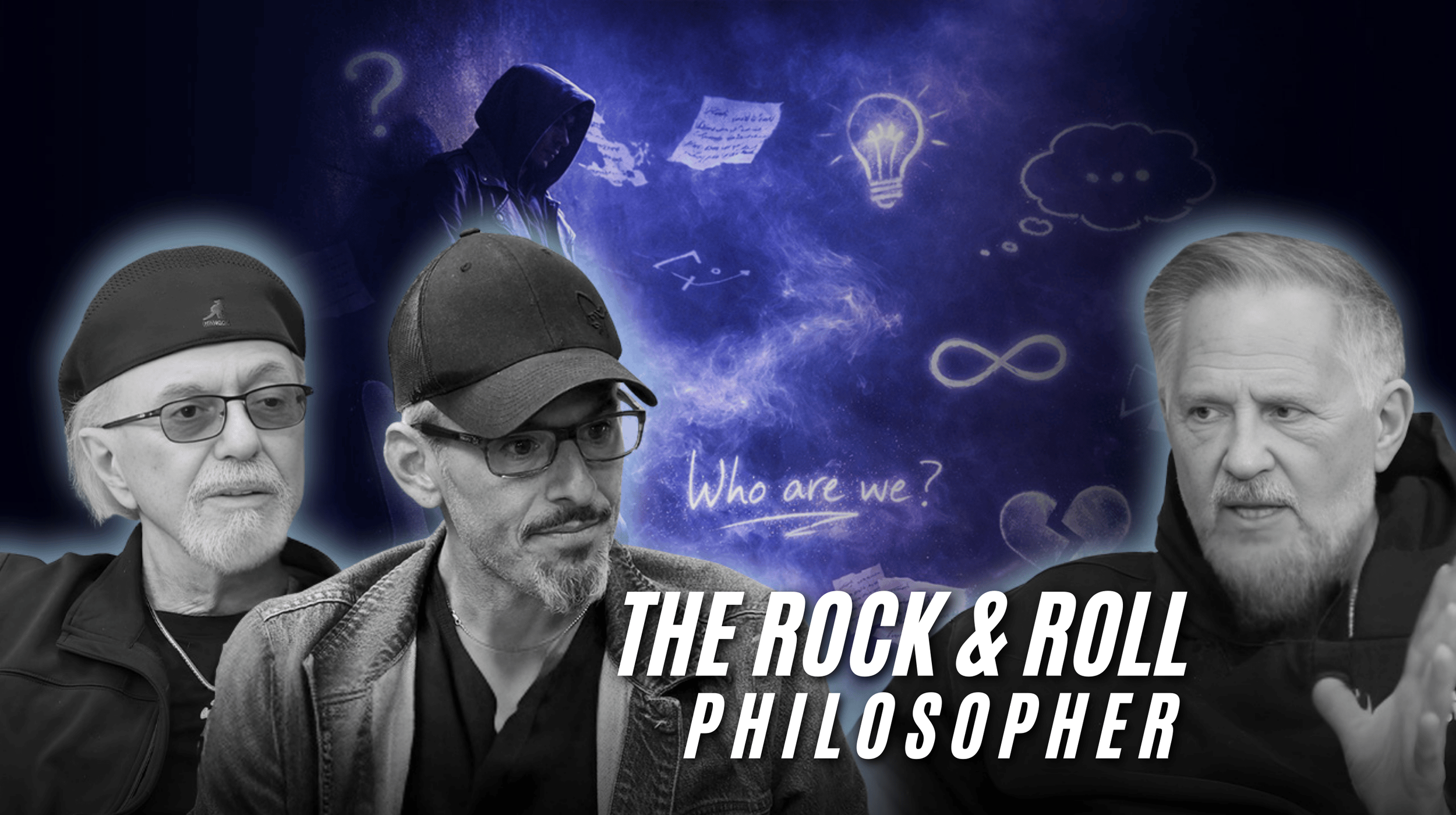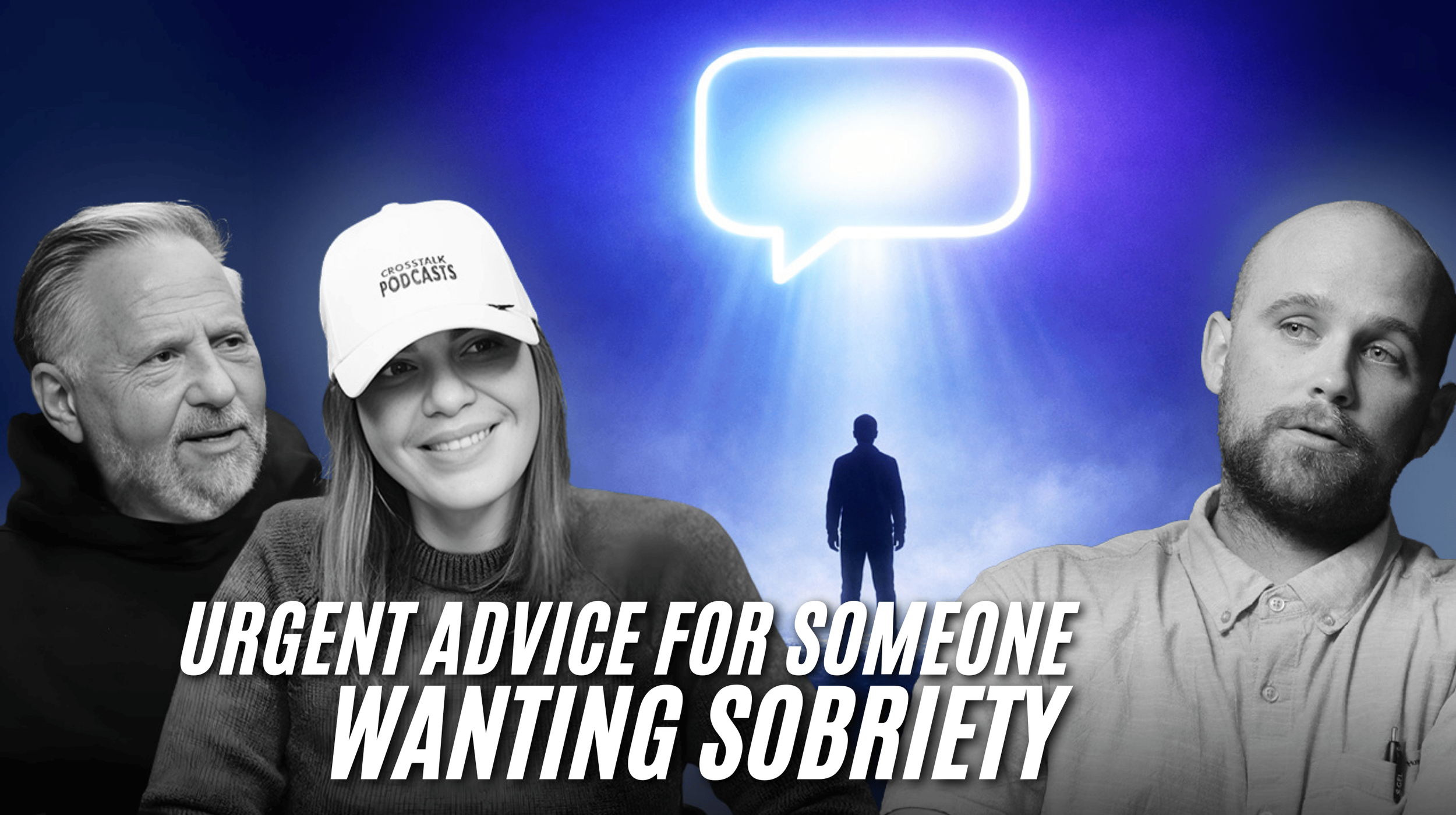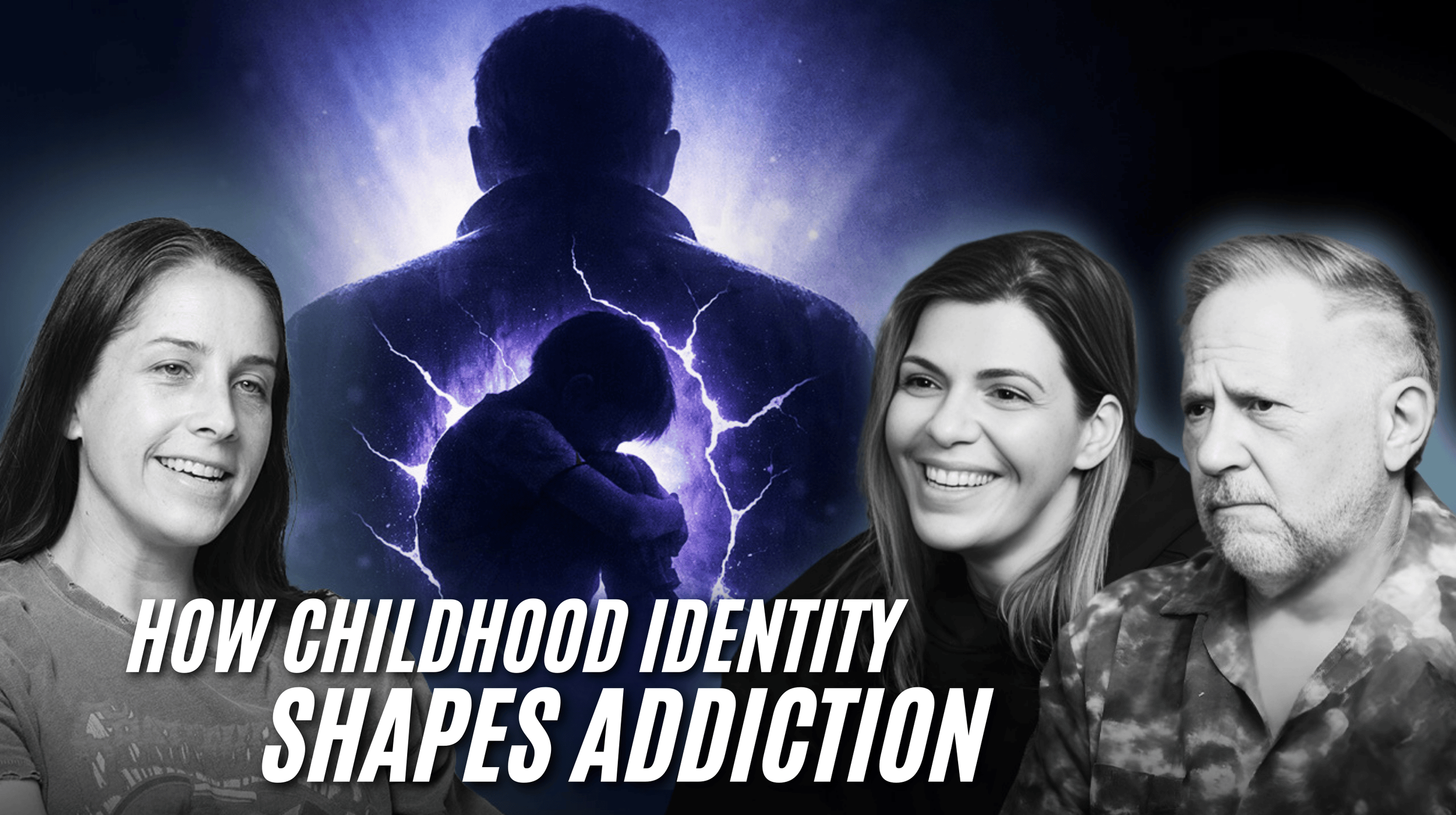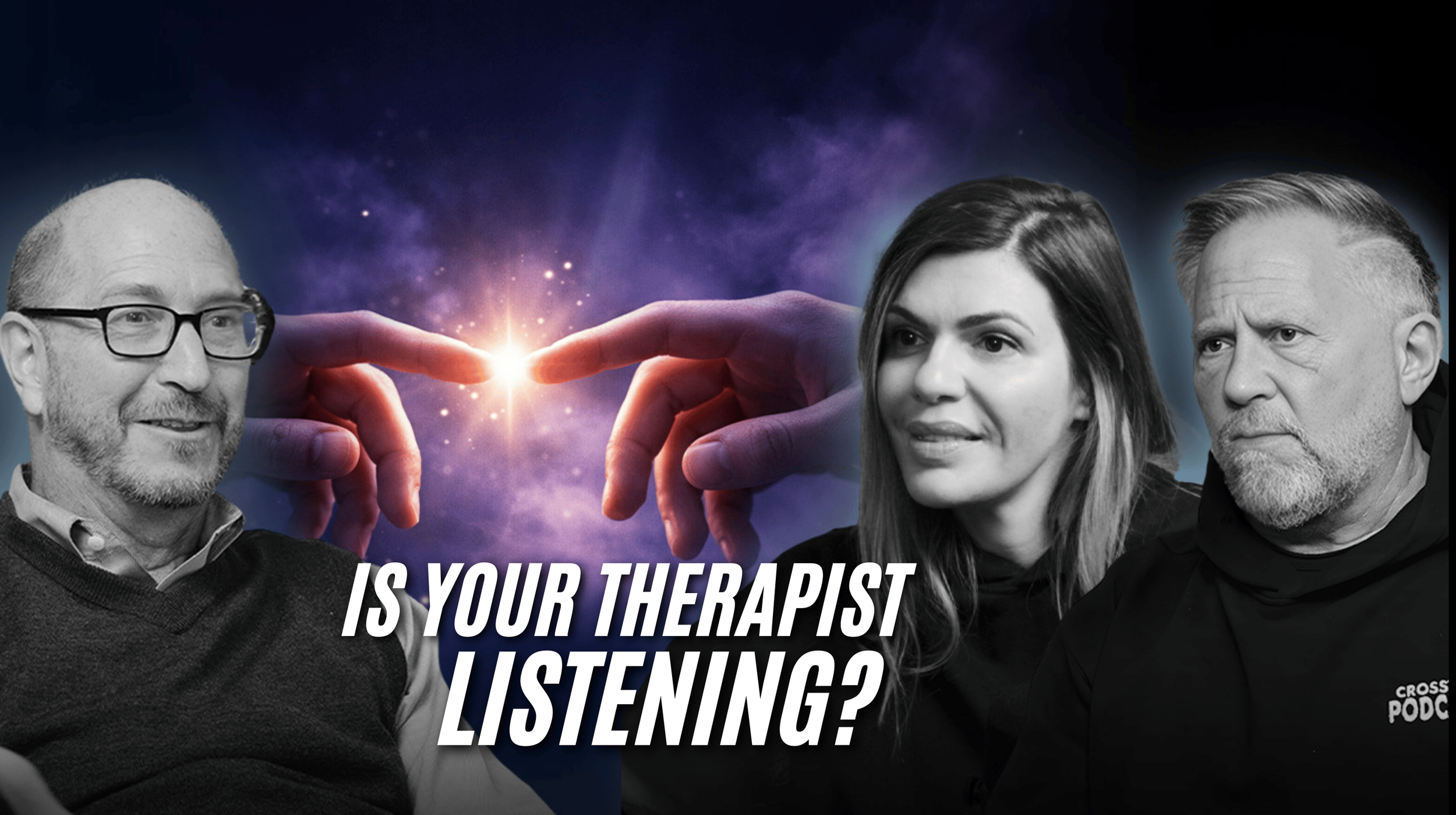From Stolen Childhood to Stolen Sobriety: Heidi’s 20-Year Addiction War | Heidi Z.
Listen or watch on your favorite platforms
Heidi’s life reads like a thriller: adopted into a troubled family, she took her first drink at 7, nearly died from alcohol at 12, and spent decades chasing "normal" while hiding addiction. From faking moderation as a suburban mom to losing her children after driving them drunk, this episode exposes the lies addicts tell themselves and the moment she hit a bottom so low, only divine intervention could pull her out.
Growing Up
Adopted at just three days old, she entered a family carrying its own unspoken traumas. Her adoptive mother, struggling with mental health issues, died when she was only ten, leaving her with an emotionally unavailable father and a childhood marked by confusion, neglect, and instability. “I didn’t even know how to brush my hair or teeth,” she shared. This lack of basic care compounded her feelings of unworthiness. Bounced from home to home, she endured a series of traumatic events and abuse, shaping a life that felt disconnected, unsafe, and deeply anxious.
Using a Substance or Engaging in Behavioral Addiction
At age seven, she experienced her first sip of alcohol—leftover wine at a family Passover. "I had anxiety at seven… and that feeling in my stomach just kind of went away,” she recalls. That subtle sense of relief from her inner chaos planted a seed. By age twelve, she was granted free rein with alcohol at a wedding. “I drank everything she gave me because I was chasing that seven-year-old buzz.” That night ended in near-fatal alcohol poisoning—her first blackout, her first bottom.
Active behavioral addiction
From high school parties to adult responsibilities, addiction followed her in waves. She barely graduated, once grading papers with her teachers while intoxicated. She cycled through cocaine, relationships with dealers, and stints of abstinence mislabeled as recovery. “I had a big book on my nightstand, but I never opened it.” Her life looked "put together"—a marriage, two children, mommy-and-me classes, a minivan—but underneath, she was consumed by obsessive thinking and quiet self-destruction. “I’d plan dinner around my wine,” she admitted, calculating every sip to avoid suspicion. After her divorce, cocaine and alcohol returned full force. “I only used when I didn’t have the kids—until I used when I did.”
Hitting bottom
She reached her lowest point in a fog of opiates and vodka. Unemployable, homeless, and hollow, she had cleaned out her children’s bank accounts and driven them while intoxicated. “I had crossed the line. There was nothing left on the list but death.” No job, no home, no trust—only guilt, fear, and emptiness. She collapsed into bed, unable to function, filled with suicidal thoughts but too afraid to follow through. “There wasn’t even a shovel left to dig with. This was it. This was the bottom.”
Getting help
Her mother showed up and gave her one final lifeline: “You’re going to treatment.” She agreed. She entered a dual-diagnosis facility with Suboxone in hand and a will to survive. “I wouldn’t go to group, I wouldn’t talk, but I did detox.” On her knees before entering, she prayed to a God she wasn’t sure she believed in: “If there’s a God, please help me.” That moment marked the beginning of her spiritual awakening. She got clean from opiates and alcohol, learned to ask for help, and slowly started to trust herself and others again.
What Things Look Like Today
Today, she is in long-term recovery and a mental health professional with a master’s degree—paid for by a foundation that supports women in recovery. She is rebuilding her relationship with her children, grounded in humility, grace, and truth. “You’re going to be 70 with or without a master’s degree,” a counselor once told her. Now she uses her pain to help others heal. Her life today is one of purpose, clarity, and connection—a living testament that no matter how far down the scale you’ve gone, recovery is always possible.
FAQs
How do I know if I have a problem with alcohol or drugs?
If substances are affecting your relationships, responsibilities, or self-worth, it's worth exploring further.What’s the difference between abstinence and recovery?
Abstinence is not using; recovery is about healing your mind, body, and spirit.Can trauma lead to addiction?
Yes, unhealed trauma is often a driving factor behind substance use.How do I help a loved one who won’t admit they have a problem?
Offer compassion, set boundaries, and encourage professional help without enabling.What are dual diagnosis programs?
They treat both addiction and co-occurring mental health conditions simultaneously.
Related episodes
ABOUT CROSSTALK
CROSSTALK reveals real stories of everyday people and notable figures, sharing their journeys from struggles to life-changing 'aha' moments with all kinds .


 Spotify
Spotify





